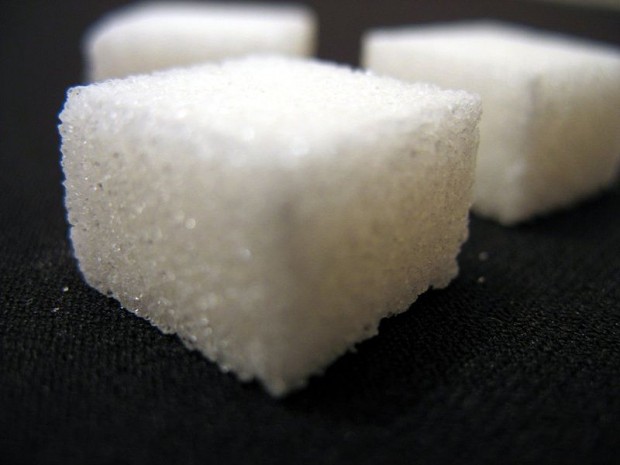By: Tyrrell Meertins
The World Health Organization sugar recommendation has not changed in 10 years, and Aseem Malhotra, a science director and cardiologist in the United Kingdom, says that lack of an update is disastrous for public health.
The U.K.-based Action on Sugar group launched in January to advocate healthy-living is made up of 18 world-wide advisors that have been working to stop obesity over the years.
“Intrinsic sugar – which is not a health hazard – has been grouped with added sugar misleading consumers into believing they can consume up to 22 and a half tea spoons of added sugar per day as part of a balanced diet, when it should really be a third of this as a limit,” Malhotra said in a e-mail interview with Humber News.
And while many believe exercise can limit the effects of excessive sugar consumption, Malhotra begs to differ.
“While exercise is good, it won’t protect your health if you consume too much sugar, as studies reveal an increased risk of type two diabetes from excessive sugar consumption; even in healthy individuals that exercise regularly,” he added.
Most recently, the group has labeled sugar as the “new tobacco,” and pivotal towards causing obesity and diabetes.
Toronto nutritionist personal trainer, Kyle Byron, told Humber News that comparing sugar and tobacco is bizarre.
“I think it’s a bit ridiculous because you can live without tobacco but you can’t live without sugar. There’s sugar in lots of foods including carrots, broccoli and red peppers. It’s tough to eliminate and avoid sugar, whereas you can live without tobacco,” Byron said.
Likewise, Byron states people should encourage their peers to eat better, opposed to eating less sugar.
“If you eat balanced meals and balanced snacks – and by balanced I mean they each have protein, vegetables, healthy fats, and carbohydrates – you will create less sugar.”
The WHO will be asking for input in a public consultation tomorrow, and Action on Sugar will be supporting the calls from the dental world to reduce energy in sugar by five per cent.
Katharine Jenner, Action on Sugar’s campaign director and registered nutritionist, told Humber News in an e-mail that there’s no nutritional need for added sugar in a diet, and advises consumers to focus on labels.
“If you have the time, read the labels to compare products, and choose the lower sugar option. This way you can make small changes permanently, rather than big changes that you can’t maintain.”

